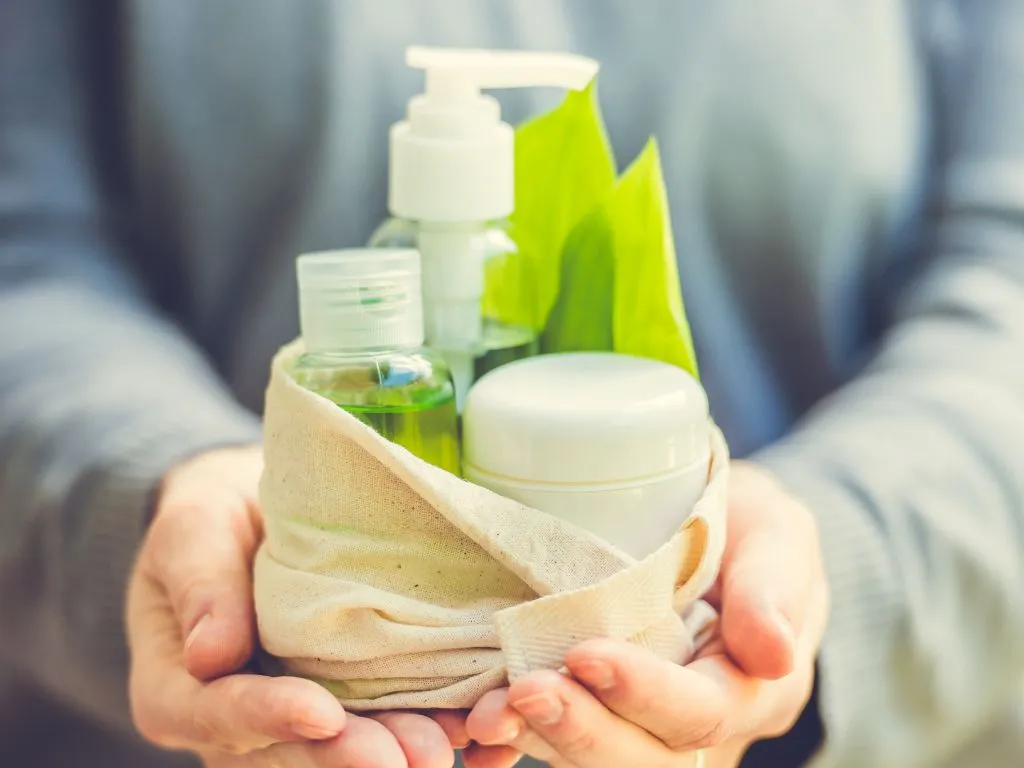News Details

Vietnam Issues Draft Decree on Cosmetic Safety and Management Aligned with ASEAN Standards
The Vietnamese Ministry of Health has released a new draft decree on cosmetics management. The proposed decree aims to improve the safety of cosmetics and how products are controlled in the market. It also aligns Vietnam’s requirements with ASEAN regional standards.
Key Highlights
1. Scope and Definitions
-
The decree governs the classification, declaration, production, import/export, labeling, advertising, quality control, and recalls of cosmetic products.
-
Defines terms such as “cosmetics,” “responsible entity,” and “product owner.”
-
Declaration forms certify eligibility for market circulation but are not proof of safety or efficacy.
2. Safety and Quality Standards
-
Products must be safe for normal use.
-
Ingredients must comply with ASEAN limits on heavy metals, microbes, and banned substances.
-
The Ministry of Health will maintain and update lists of restricted substances.
3. Classification and Product Declarations
-
Cosmetics are classified by ingredients, purpose, and application method.
-
Products intended for internal use or for permanently altering body functions are not considered cosmetics.
-
Declaration forms are valid for 3 years and businesses must be legally registered.
-
Import declarations are handled by the Ministry of Health and domestic declarations by Provincial Committees.
4. Certificates and Facility Requirements
-
Certificate of Free Sale (CFS): Required for imports unless exempted for CPTPP or ASEAN countries with proper proof.
-
Good Manufacturing Practice (GMP): Foreign manufacturers must have valid GMP certificates.
-
Cosmetic production facilities must meet stringent standards for hygiene, personnel qualifications, equipment, and quality control.
-
Existing facilities certified under previous decrees have a transition period until mid-2028.
5. Labeling and Advertising
-
Labels must be clear, truthful, in Vietnamese, and display mandatory information such as ingredients, batch numbers, and expiry dates.
-
Advertising must avoid misleading claims or phrases such as ‘miracle cure’ or ‘instant whitening’.
-
No references to medical professionals or endangered species are allowed.
6. Product Sampling, Testing and Recall
-
Random sampling by authorities ensures compliance.
-
Recall procedures are clearly defined, including mandatory and voluntary recall processes.
-
Non-compliant products must be recalled and destroyed, and the responsible parties must bear the costs.
7. Enforcement and Penalties
-
Suspension of declaration dossiers is possible for violations such as smuggling or the use of banned ingredients.
-
Penalties include revocation of certificates, product withdrawal, and fines.
-
Authorities will conduct regular inspections and enforce compliance.
8. Import and Export Regulations
-
Export of Vietnamese cosmetics is encouraged with proper CFS documentation.
-
Imports must have valid declarations; restricted use applies to imports for research/testing.
-
Customs rules apply to gifts, personal luggage, and diplomatic consignments.
9. Organizational Responsibilities
-
The Ministry of Health is responsible for state management, policy issuance, training, and inspection.
-
Provincial Committees handle local inspections and enforcement.
-
Other ministries, including Industry and Trade, Culture and Tourism, Science and Technology, and Finance), support relevant oversight roles.
-
Marketers, manufacturers, and importers must ensure product compliance, maintain records, and cooperate with authorities.
10. Implementation Timeline
-
Decree effective July 1, 2026.
-
Existing certificates remain valid until June 30, 2028.
-
Post-2028, all manufacturers must comply with the updated requirements and reapply.
We acknowledge that the above information has been compiled from Ministry of Health, Socialist Republic of Vietnam .

 Twitter
Twitter
